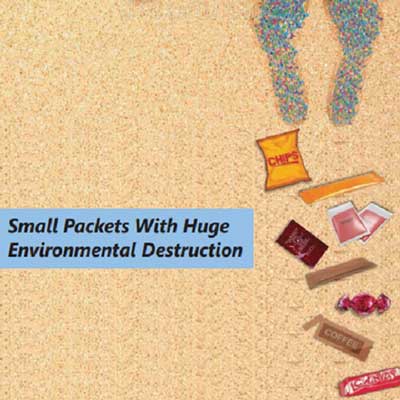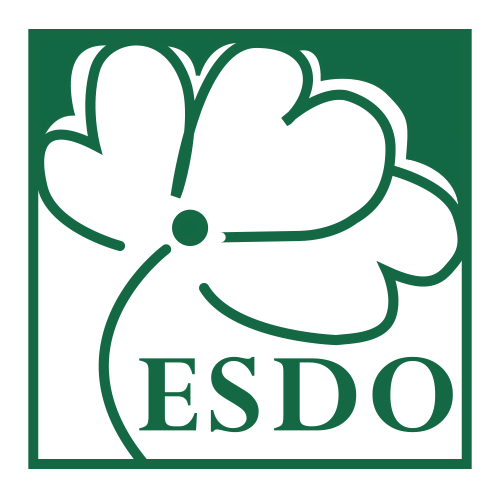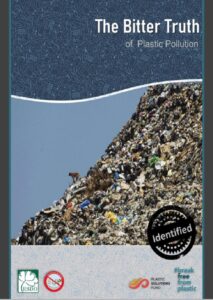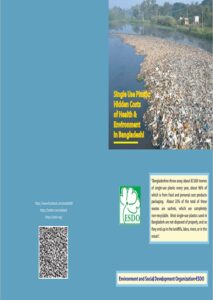People become concerned about the fatal crisis of plastics due to their detrimental effects on the environment as well
as human health. Although plastic sachet products are considered one of the fuels for the existing plastic pollution,
no previous study is found about the use and impacts of these small sealed packets from the perspective of Bangladesh. In the present study, a pilot field survey was conducted in urban and rural areas of Bangladesh to assess
the country’s situation of sachet usage. Approximately 1.06 million tons of single-use plastic waste have been produced per year in Bangladesh. This includes higher tourist locations in Cox’s Bazar and the Rahinga refuges from the Kutupalong area. While sachet wastes are 192,104 tons per year. Most of the retailer shops are filled with different sachet products such as shampoo and conditioner, saline packs, tomato sauce, and so on. Our results also revealed that almost all of the customers preferred using sachet products, where food sachets were highly preferable (40%), followed by cosmetics (24%), medicine (8%), drinks (7%), cooking ingredients (7%), house cleaning products (7%) and others (7%). Although people prefer small packets for affordability (34%) and availability (29%), they are aware of the sachet-generated plastic pollution and are willing to use alternatives like refillable systems or using value packs. As per the roadmap of the United Nations Sustainable Development Goals (UN SDGs) by 2030, it is necessary to appraise contextual evidence which can inform state, national, and regional policy actions and programs to manage plastic pollution. Among the UN SDGs, plastic pollution is targeted by the SDGs14 (sustaining life below water) and 15 (life on land). Therefore, we here systematically appraised evidence on the distribution and sources of plastic especially single-use sachets to identify the knowledge gaps and policy needs for plastic pollution management in Bangladesh.

plastic sachet esdo
Plastic sachets: Small packets with huge environmental destruction
- Post published:March 21, 2023
- Post category:PUBLICATION
- Post comments:0 Comments


